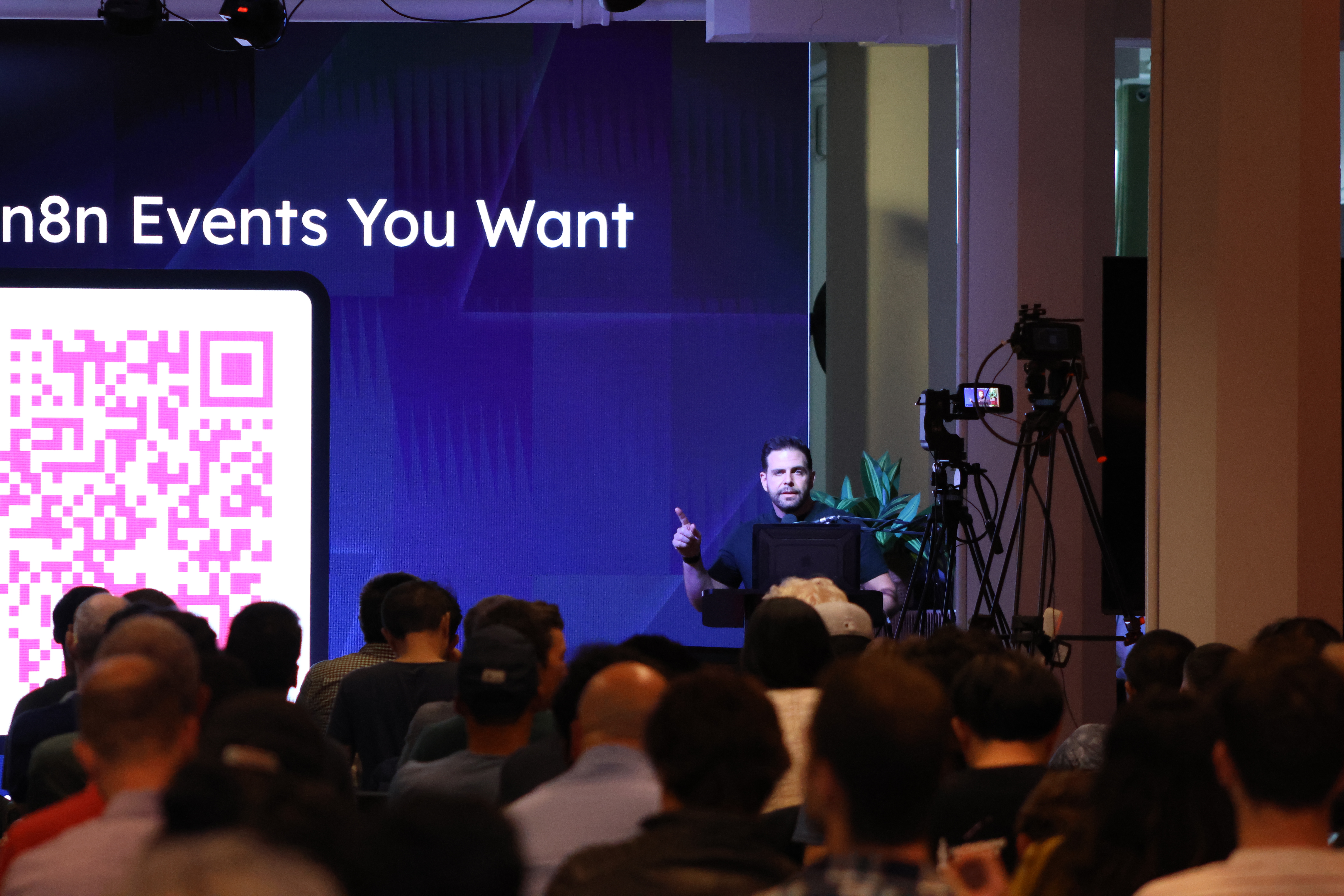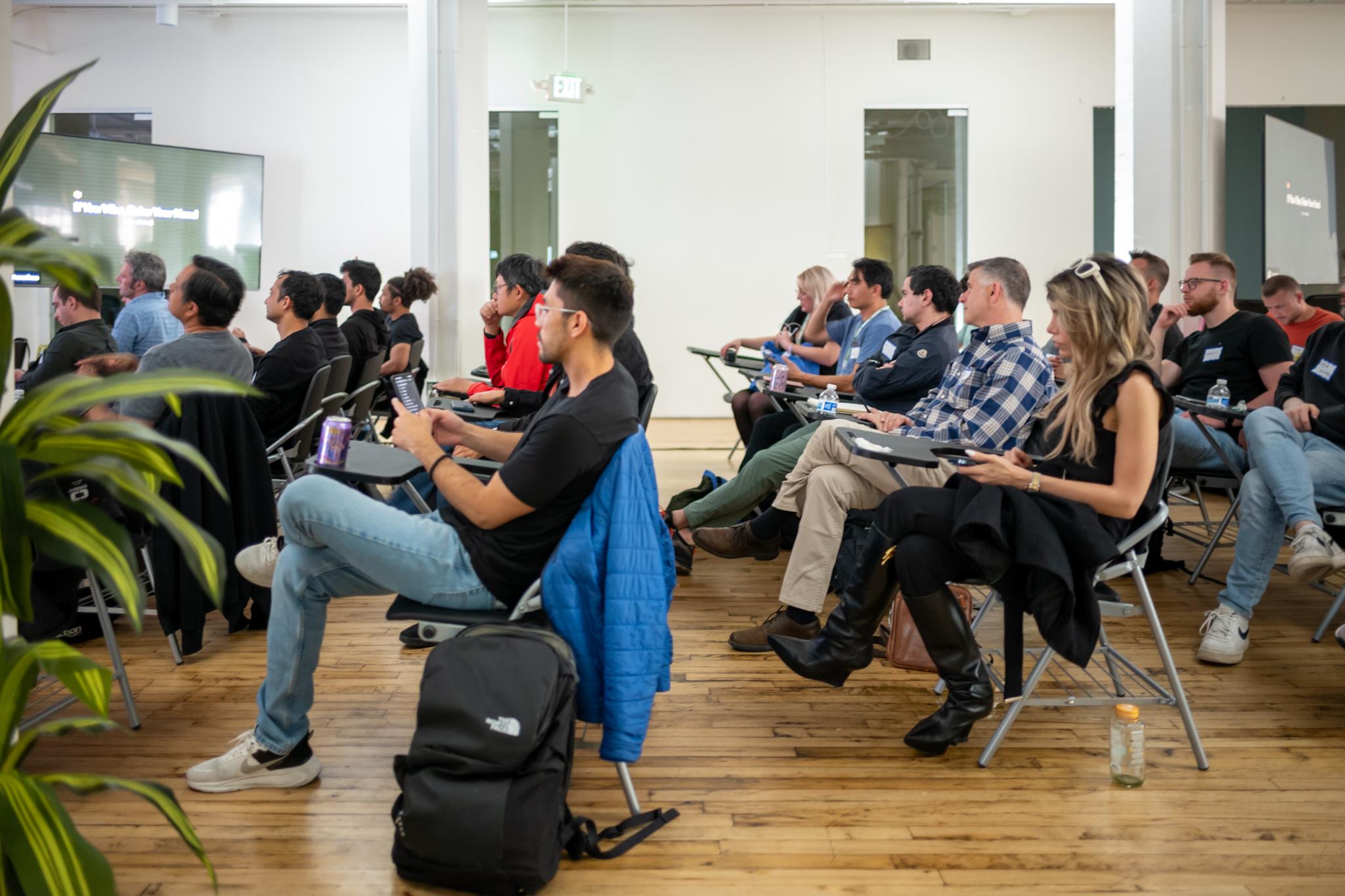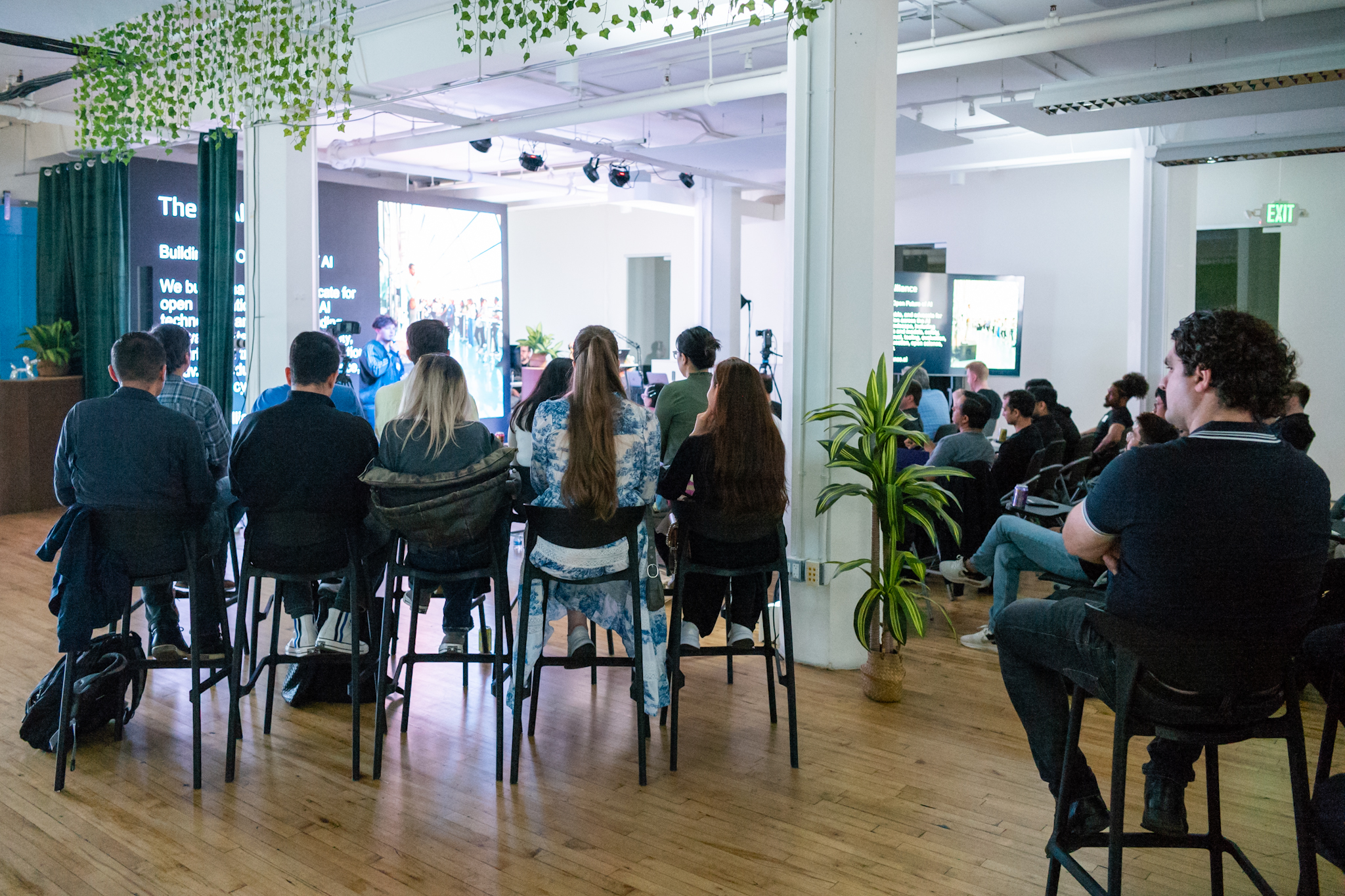Every tech company needs events. But 80% choose the wrong format for their goals. After hosting 500+ events, here's how to pick the right one at Digital Jungle.
The Event Format Decision Matrix
Your choice depends on three factors:
- Business objective: Community, sales, or brand?
- Target audience: Developers, decision-makers, or both?
- Budget reality: $1K or $100K?
1. Meetups: Your Community Foundation
Best for: Early-stage startups building developer relations
- Typical attendance: 30-80 people
- Budget: $500-2,000 per event
- Frequency: Monthly or bi-monthly
Why Meetups Work
Meetups create recurring touchpoints with your community. They're not about immediate sales, they're about building trust over time.
The compound effect: Month 1 brings 30 people. Month 6 brings 80. Month 12? You have 500 engaged community members who advocate for your product.
Meetup Success Tactics
- Partner for content: Invite customers and partners as speakers
- Livestream everything: Expand reach beyond physical attendees
- Create content assets: Record talks for YouTube, write summaries for blog
- Keep it consistent: Same day, same time, same place
Real example: Vercel's Next.js meetup started with 25 developers in 2019. Now pulls 200+ in-person, 5,000+ online viewers monthly.
Common Meetup Mistakes
- Making it a sales pitch (kills trust instantly)
- Inconsistent schedule (breaks momentum)
- No food/drinks (seriously, feed people)
- Ignoring online audience (missing 10x reach)
2. Hackathons: Developer Engagement at Scale
Best for: API companies, developer tools, platforms
- Typical attendance: 100-300 hackers
- Budget: $20,000-50,000
- Duration: 24-48 hours
Why Hackathons Deliver ROI
Hackathons generate more use cases in 48 hours than your team could build in 6 months. Plus immediate product feedback from power users.
The multiplier effect: 100 developers build 30 projects. You get 30 demos, 100 testimonials, and 500+ social posts about your product.
Hackathon Execution Playbook
- Clear challenge tracks: 3-4 specific problems to solve
- Meaningful prizes: $10K+ total prize pool minimum
- Technical support: Your engineers on-site for 48 hours
- Hybrid format: Local grand prize, remote participation prizes
- Documentation: Record all demos and participant interviews
Pro tip: Never mix local and remote participants competing for the same prizes. Creates resentment. Run parallel tracks instead.
Post-Hackathon Content Strategy
One hackathon generates:
- 30+ demo videos for YouTube
- 100+ participant interviews
- 10+ detailed case studies
- Months of social media content
Real example: Stripe's hackathon generated 47 production-ready integrations, 12 became official partners, 3 were acquired.



